Its roots intertwined with Greek mythology, evolving into a powerful empire that shaped Western civilization. Athens stood as a beacon of culture and intellect from the Neolithic period to its prominence in the Roman Empire. The birthplace of democracy and home to legendary philosophers like Plato and Aristotle, this city center thrived amidst wars and conquests. As the cradle of Western civilization, Athens' influence extended far beyond its borders, leaving an indelible mark on modern societies. Join us on a journey through time as we unravel the mysteries of Athens and Ancient Greece.
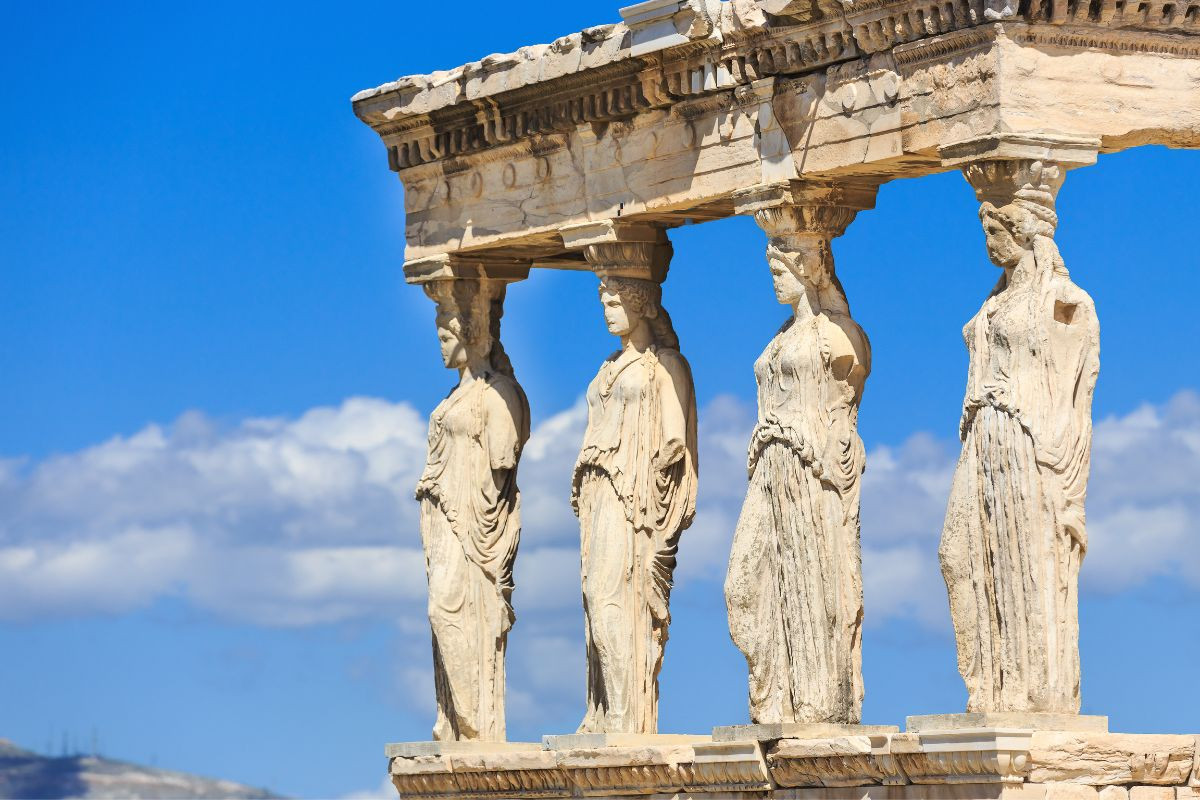
Based on Greek mythology, the city emerged from the rivalry between Athena and Poseidon, with the former bestowing the olive tree, symbolizing peace and prosperity. Historically, Athens evolved from its humble beginnings in the Neolithic period to a cultural powerhouse during the Archaic and Classical eras. Transitioning from a monarchy to an aristocracy, Athens experienced pivotal reforms under leaders like Solon and Cleisthenes, setting the stage for the establishment of democracy. This transition marked a significant turning point in the governance of the city, ultimately shaping its identity and influence for centuries to come.
Athens, ancient Greece, steeped in myth and history, traces its origins to the rivalry between Athena, the goddess of wisdom, and Poseidon, the god of the sea. The tale goes that Athena's gift of the olive tree resonated more with the residents, leading to the city's naming in her honor. Mythology intertwines with the birth of this great city, where legends blend seamlessly with its historical formation. The mythical threads woven into the foundation of Athens laid the groundwork for a city that would evolve into a powerhouse of culture, democracy, and intellectual thought, shaping not just ancient Greece but influencing the course of Western civilization.
From its mythical inception linked to Athena to the establishment of the city-state in the Neolithic period, Athens evolved through the ages. The dawn of the Archaic period witnessed significant developments, leading to the Golden Age under Pericles in the 5th century BC, where Athenian democracy and cultural achievements flourished. This era marked Athens as the cradle of Western civilization, influencing future societies. However, Athens faced turmoil during the Peloponnesian War, leading to later subjugation by the Macedonian and Roman empires.
Athens witnessed a remarkable political evolution. The birth of democracy in Athens marked a pivotal moment in history, shaping the future of governance. Notable leaders and reformers like Solon and Cleisthenes played crucial roles in shaping the Athenian political landscape. The transition from antiquity to an empire under the guidance of visionary statesmen paved the way for the city-state to flourish as a political powerhouse in the region. The political developments in Athens during this period reverberated across Western civilization, influencing governance systems for centuries to come. The legacy of Athenian democracy and its principles continue to inspire modern scholars and political thinkers globally.
Rooted in the reforms of leaders like Cleisthenes, democracy empowered citizens by granting them a voice in decision-making processes. This fundamental shift from oligarchy to democracy reshaped the political landscape of ancient Greece. The democratic principles established in Athens laid the foundation for future democratic systems worldwide, influencing the development of modern governance structures. Through mechanisms such as direct participation and the rule of law, Athenian democracy set a precedent for citizen engagement and equality before the law, contributing significantly to the evolution of democratic ideals.
Pericles, a prominent figure in Athenian history, led the city during the Golden Age, promoting democracy and fostering a flourishing cultural environment. Solon, known for his significant reforms in the 6th century BC, laid the groundwork for Athenian democracy and social structure. Cleisthenes, regarded as the father of Athenian democracy, introduced democratic elements that shaped the city's political landscape. These leaders and reformers played pivotal roles in shaping Athens into a dynamic and progressive society. Their contributions not only influenced the ancient world but also laid the foundation for modern governance systems.

During the cultural flourishing of Athens, the city reached its zenith in artistic and intellectual accomplishments. Philosophy thrived with luminaries like Socrates, Plato, and Aristotle harnessing the collective wisdom of the time. This era saw monumental contributions to art and literature, exemplified by works of renowned playwrights like Aeschylus, showcasing the rich tapestry of Athenian creativity. The city's vibrant culture not only influenced its contemporaries but also laid a foundation for future civilizations. Its impact resonates through the corridors of time, shaping the trajectory of Western civilization.
Ancient Athens, revered for its intellectual pursuits, set the stage for philosophical contemplation that influenced Western civilization profoundly. The Athenian way of life was deeply rooted in the pursuit of knowledge, ethical inquiry, and the exploration of the universe's mysteries. Philosophers like Socrates, Plato, and Aristotle walked the streets of the city, engaging in discussions that shaped the principles of ethics, politics, and metaphysics. The philosophical schools in Athens, including the Academy and the Lyceum, provided a platform for intellectual discourse that extended beyond the city's walls, influencing subsequent generations of thinkers.
The city nurtured a flourishing cultural environment where creativity thrived. Artists like Phidias, Praxiteles, and Polygnotos created timeless masterpieces that epitomized ancient Greek aesthetics. In the realm of literature, Athenian playwrights such as Aeschylus, Sophocles, and Euripides pioneered the art of drama, laying the foundation for theatrical traditions still celebrated today. Furthermore, the philosophical dialogues of Socrates, Plato, and Aristotle resonated far beyond the city walls, shaping intellectual discourse for centuries to come.
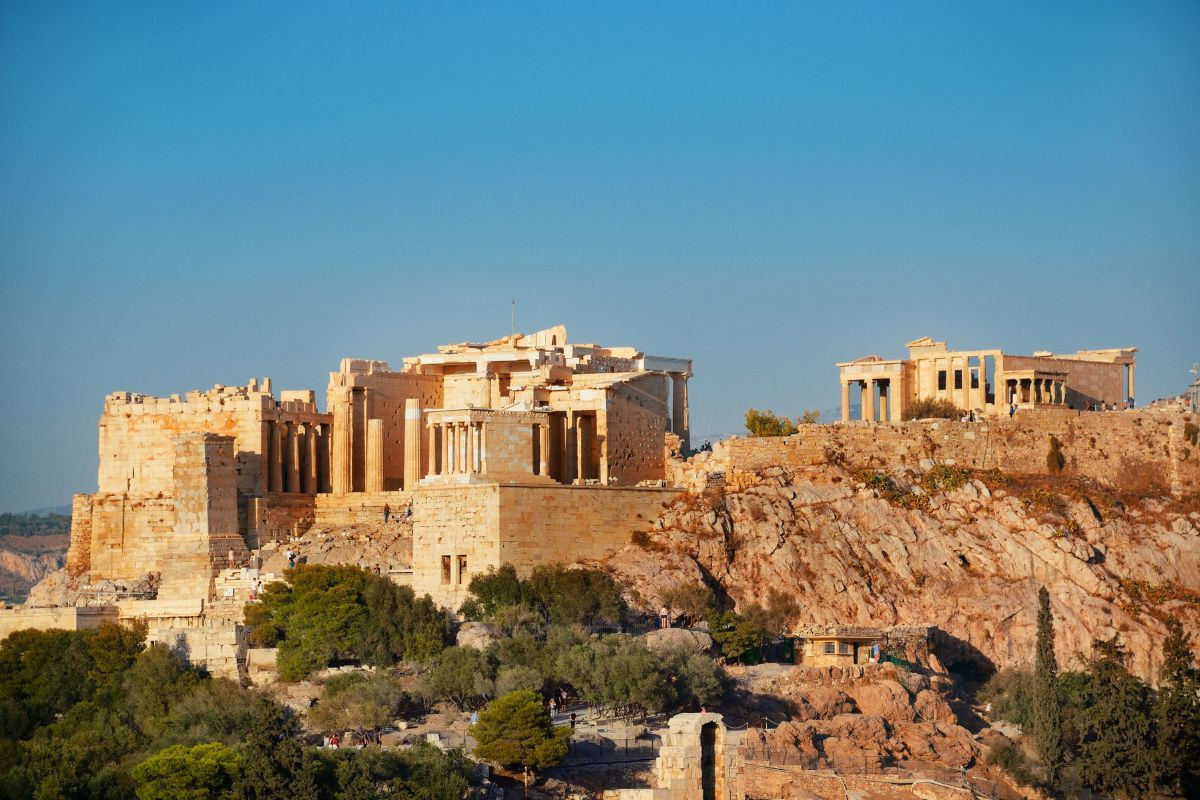
With its iconic structures and rich history, Athens’ architecture stands as a testament to the ancient city's grandeur. The Acropolis, a symbol of Athenian power and culture, overlooks the city from its prominent hill. This ancient citadel, adorned with masterpieces like the Parthenon and the Erechtheion, showcases the peak of Classical Greek architecture. Other significant sites and ruins across Athens, such as the Temple of Olympian Zeus and the Ancient Agora, offer glimpses into the city's architectural excellence and religious devotion.
Perched high above the city center of Athens, the Acropolis stood as a symbol of power and beauty in ancient Greece. This iconic citadel, adorned with majestic temples dedicated to various deities, including the renowned Parthenon, exemplified the pinnacle of architectural and artistic achievement. The Acropolis not only served as a religious center but also as a fortified refuge during times of conflict. Its strategic location offered a commanding view of the surrounding landscape, reinforcing its importance in both a practical and symbolic sense. Today, it remains a testament to the ingenuity and cultural sophistication of the ancient Athenians, drawing visitors from around the world to marvel at its timeless grandeur.
The ancient city of Athens boasts a plethora of remarkable sites and ruins beyond the iconic Acropolis. One notable location is the Temple of Olympian Zeus, a colossal structure dedicated to the king of the Olympian gods. The Theatre of Dionysus, where plays by renowned playwrights like Aeschylus and Sophocles were first performed, offers a glimpse into ancient Greek theatrical arts. Additionally, the Ancient Agora, the heart of Athenian public life, is a vital archaeological site showcasing the political and social dimensions of ancient Athens.
.jpg)
Ancient Athens had a distinct social structure with citizenship playing a crucial role. Athenian citizens had political rights and privileges, while non-citizens, such as women, slaves, and foreigners, had limited rights. The economy of Athens thrived through agriculture, trade, and the presence of silver mines. The agora, the central marketplace of Athens, was a hub of economic activity, where trade practices, including bartering and currency exchange, took place.
In ancient Athens, social structure and citizenship were closely intertwined. Athenian citizenship was limited to adult males who were born to citizen parents and completed military service. Citizenship granted individuals political rights, including the right to vote, participate in the Assembly and hold public office. Non-citizens, such as women, slaves, and foreigners, had limited rights and were excluded from political participation. The social hierarchy was based on wealth and status, with the aristocracy and wealthy landowners at the top, followed by the middle class, and then the lower class. Slaves, who were considered property, occupied the lowest rung of the social ladder.
The economy of ancient Athens thrived due to its agricultural activities, trade, and the presence of silver mines. The agora, the central marketplace, played a crucial role in facilitating economic transactions. It was a bustling hub where merchants and traders gathered to buy and sell goods. Trade practices in Athens involved various forms of exchange, including bartering and the use of currency. The city's proximity to the sea allowed for maritime trade, and Athenian ships carried goods to different parts of the Mediterranean.
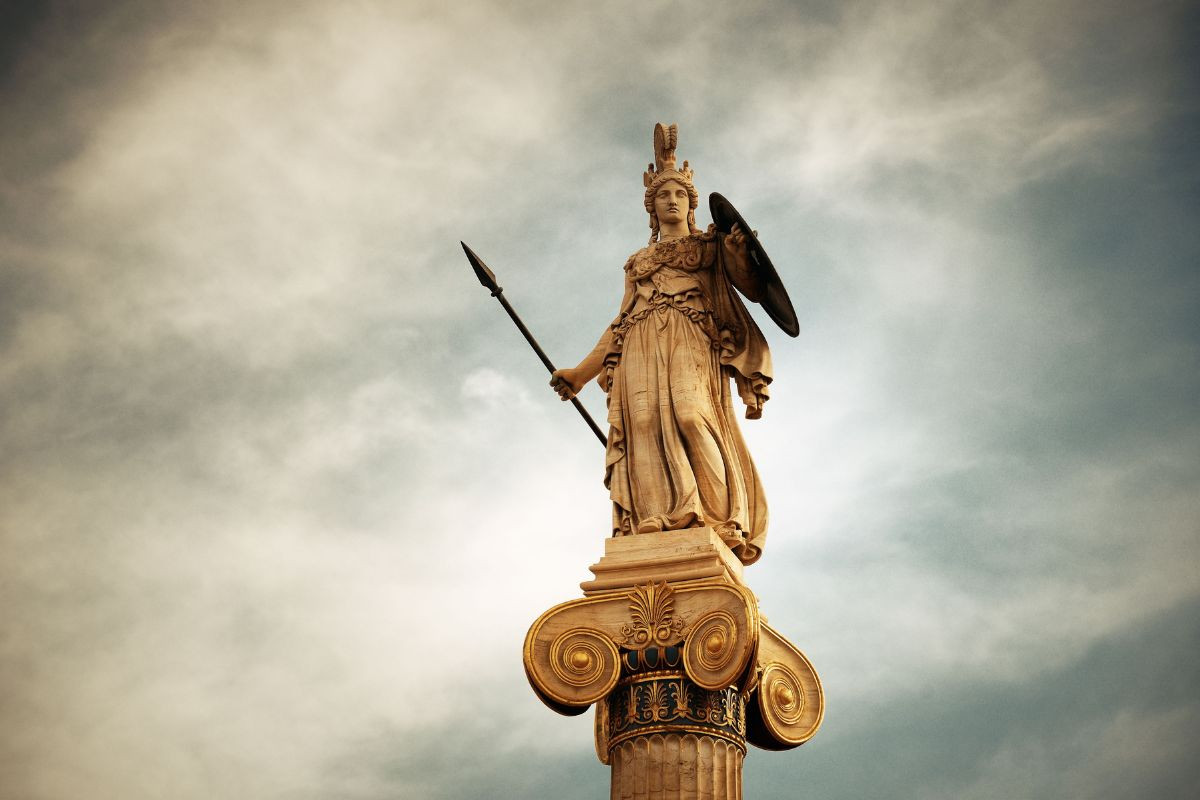
The city was home to numerous deities worshipped by the Athenians. The Greeks believed in a pantheon of gods and goddesses, with each deity having a specific domain and influence. Festivals and religious ceremonies played a significant role in Athenian culture and were held throughout the year to honor the gods. The Panathenaic festival, dedicated to the goddess Athena, was one of the most important religious festivals, involving athletic competitions, processions, and sacrifices. These religious practices were deeply ingrained in the daily life of ancient Athenians.
The ancient city of Athens paid homage to a pantheon of deities, each holding significance in the lives of its people. Among the revered gods and goddesses were Athena, the city's namesake, associated with wisdom and warfare. Poseidon, the god of the sea, also held a prominent place in Athenian worship due to his role in the city's mythological origins. Other deities like Zeus, the king of the gods, and Demeter, the goddess of agriculture, were worshipped fervently in various temples and sanctuaries across Athens.
Festivals and religious ceremonies were an essential part of ancient Athenian culture. The Panathenaic festival, held every four years in honor of the goddess Athena, was one of the most significant religious festivals in Athens. It included athletic competitions, processions, and sacrifices. The Dionysia festival, dedicated to the god Dionysus, involved theatrical performances, including tragedies and comedies. These festivals provided opportunities for the Athenians to come together as a community, celebrate their religious beliefs, and participate in cultural activities. Religious practices in Athens involved offerings, prayers, and rituals performed in temples and sacred sites. These practices were believed to ensure the favor and protection of the gods and maintain harmony between the divine and mortal realms.
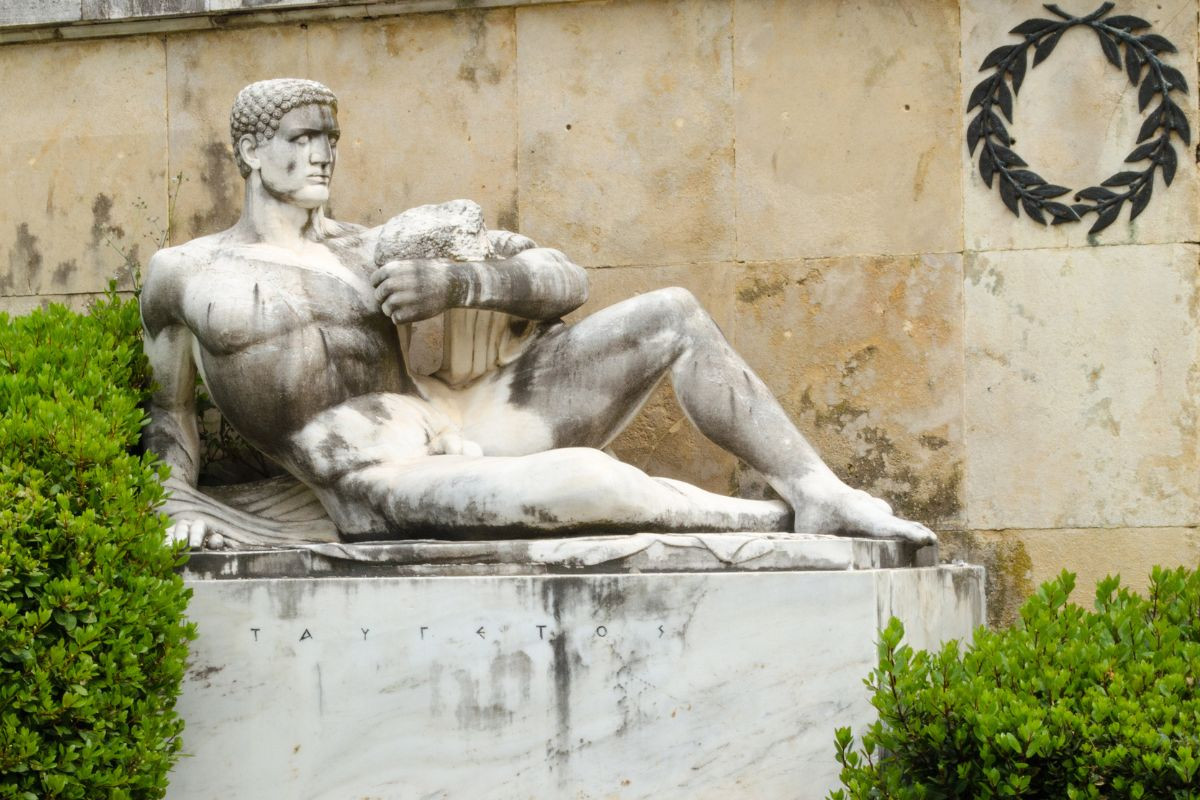
Ancient Athens was known for its military prowess and involvement in significant wars. The Persian Wars, fought between the Greek city-states and the Persian Empire, showcased Athens' resistance against Persian invasion. The Athenians played a crucial role in the defense of Greece, with notable battles such as the Battle of Marathon and the Battle of Thermopylae. The Peloponnesian War fought between Athens and Sparta, marked a period of conflict and decline for Athens. These wars had a significant impact on the political and cultural landscape of ancient Greece.
The Persian Wars were a series of conflicts between the Greek city-states, led by Athens, and the Persian Empire. The Athenians played a crucial role in defending Greece against the Persian invasion. The Battle of Marathon, where the Athenians defeated the Persians, became a symbol of Greek valor and determination. The Battle of Thermopylae, although resulting in a Greek defeat, showcased the bravery of the Spartan and Athenian warriors. The Persian Wars profoundly impacted Athens, leading to the formation of the Delian League, an alliance of Greek city-states led by Athens. The Delian League provided Athens with economic and military power, but it also contributed to the resentment of other city-states and eventually led to the Peloponnesian War.
The Peloponnesian War was a conflict between Athens and Sparta and their respective allies. It lasted from 431 BC to 404 BC and marked a period of political and military decline for Athens. The war was primarily fought between the Delian League, led by Athens, and the Peloponnesian League, led by Sparta. The conflict was characterized by numerous battles and sieges, including the devastating Sicilian Expedition, in which Athens suffered a significant loss. The war ended with the defeat of Athens and the establishment of Spartan hegemony in Greece. The Peloponnesian War had far-reaching consequences for the Greek city-states, leading to a decline in Athenian power and influence.
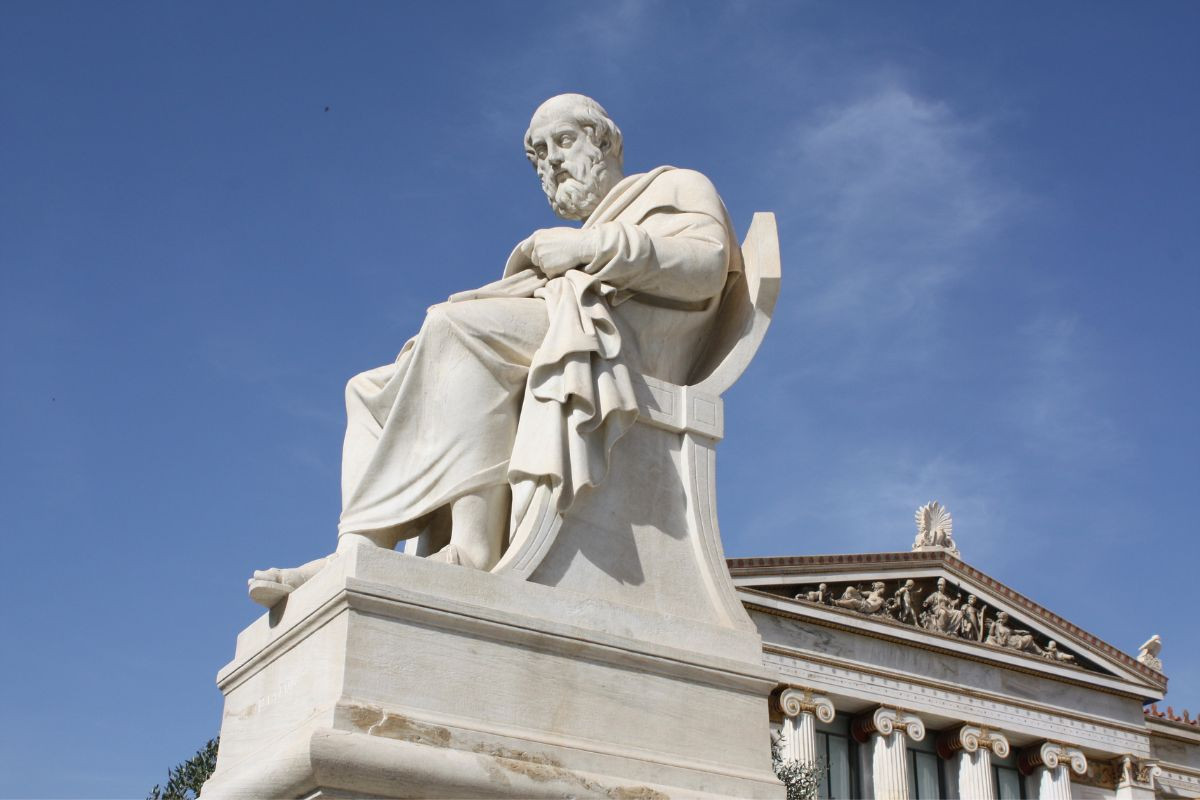
Education was highly valued in ancient Athens, and the city was known for its philosophical schools and intellectual pursuits. The Agora, the central marketplace, played a crucial role in the educational system of Athens. It served as a gathering place for scholars, philosophers, and students, where intellectual discussions and debates took place. Philosophical schools, such as the Platonic Academy, the Lyceum, and Stoic schools, emerged in Athens, attracting students from all over Greece.
The Agora, the central marketplace of Athens, played a vital role in the city's educational and intellectual life. It served as a gathering place for scholars, philosophers, and students, providing a platform for public discourse and intellectual discussions. The Agora was not only a marketplace but also a political and cultural center where Athenians came together to exchange ideas, debate philosophical concepts, and participate in civic affairs. It was a vibrant hub of intellectual activity, where knowledge was shared, and ideas were challenged.
From the Academy of Plato to the Lyceum of Aristotle, these centers of learning nurtured critical thinking and ethical reasoning. The teachings of these renowned philosophers transcended borders, influencing not just ancient Greece but also the development of Western civilization. The emphasis on logic, ethics, and metaphysics laid the foundation for modern philosophical thought. The dialectical methods employed by these schools encouraged debate and the pursuit of knowledge, fostering a tradition of inquiry that continues to resonate in academic circles today.
Athens, ancient Greece stands as a beacon of ancient wisdom, echoing the birth of democracy, enriching art and literature, and shaping modern civilizations. Its architectural marvels like the Acropolis symbolize cultural heritage. The city's social structure, economy, and religious practices paint a vibrant picture of daily life. Wars like the Persian and Peloponnesian showcase their military prowess. The educational systems, influenced by philosophical schools, continue to inspire. Athens' legacy transcends time, offering a glimpse into a civilization that laid the foundation for intellectual and artistic achievements that still resonate today.